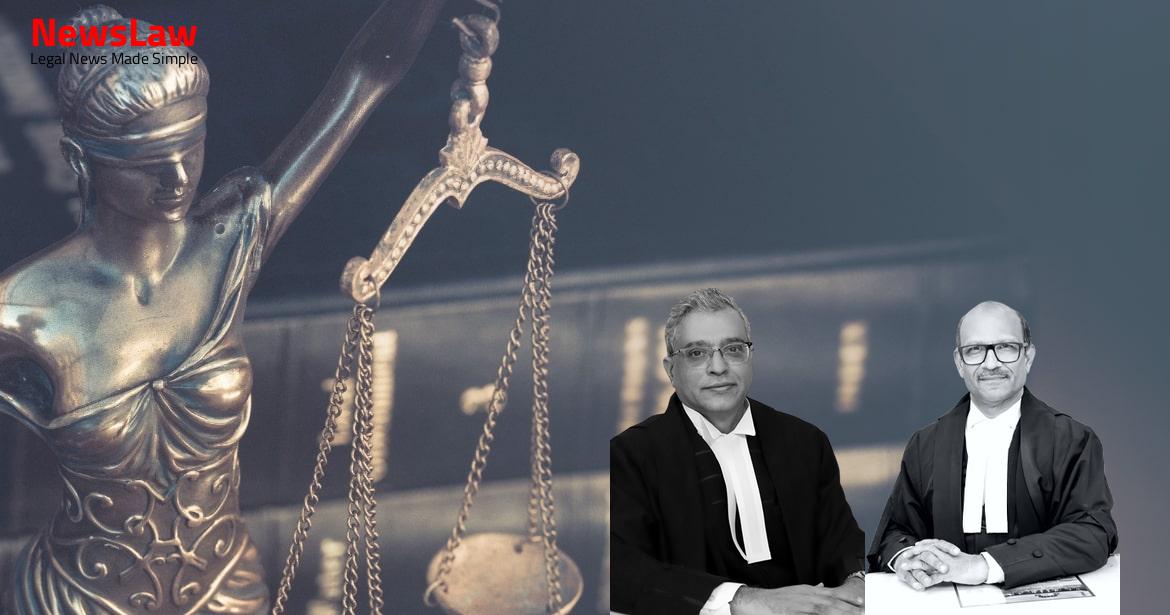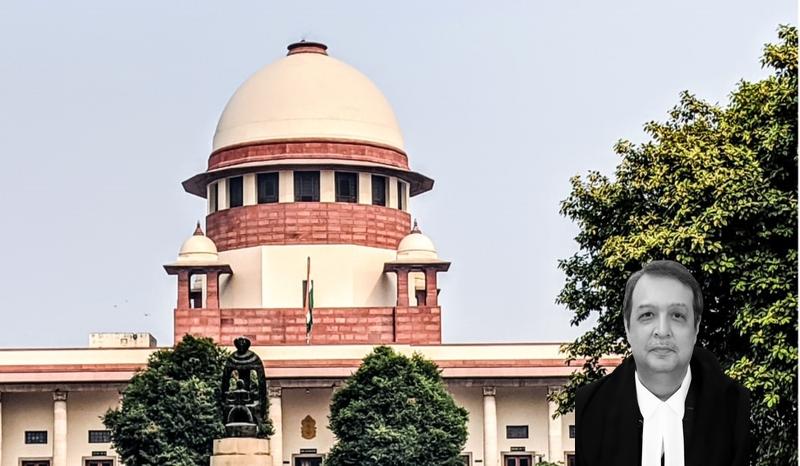In a landmark judgement by the Supreme Court of India, the case of allocation of Class III and IV employees between TSRTC and APSRTC has been resolved. The Court’s decision has far-reaching implications for the employment status of these workers. Let’s delve into the details of this important legal battle.
Facts
- The High Court passed an interim order suspending the repatriation orders and directing the employees to report to their parent zones under TSRTC.
- The matter was listed for further hearing on the issue of payment of salaries.
- The employees who were posted under the appellant on 02.06.2015 were deemed to be permanently allocated to APSRTC in the zones where they were working.
- The High Court dismissed the writ appeals filed by the appellant and upheld the order of the single judge quashing the repatriation orders.
- The High Court directed permanent allocation of employees in deputational posts falling in the State of Andhra Pradesh and ruled on their seniority.
- The High Court drew an analogy with Section 77(2) of the Act for the allocation of employees.
- Orders of deputation were extended through notifications even after the bifurcation of the Corporations.
- Telangana State Road Transport Corporation (TSRTC) was formed on 02.06.2015 after the reorganisation.
- Class III and Class IV employees filed writ appeals regarding the repatriation orders.
- Government reconstituted APSRTC Board to determine permanent allocation of employees.
- Notification issued in 2017 repatriated employees to their parent cadres in TSRTC.
- Agenda Note prepared on 16.08.2017 and approved on 24.08.2017.
- High Court petitions filed challenging the notification and repatriation orders.
- State of Telangana formed under Andhra Pradesh Reorganisation Act, 2014, after territories were mentioned.
- Single judge set aside the repatriation orders for deputed employees in zones of Andhra Pradesh post-bifurcation.
Also Read: Legal Battle: Delays in Commissioning Solar Power Project
Issue
- The issue before the court is whether the High Court correctly relied on Section 77 in relation to state government employees.
- The question also pertains to whether Section 82 is the governing provision for employees of Public Sector Undertakings, rather than Section 77.
- Understanding the interpretations of these sections is crucial for resolving the dispute between the parties.
Also Read: Judgment Upheld: Compensation Awarded for Non-performance of Contract
Arguments
- The appellant has submitted that the High Court’s analogy with Section 77 is incorrect and has not considered Section 82 of the Act or the guidelines for employee allocation.
- Agenda Note dated 16.08.2017 states that Class III and Class IV employees are regionally recruited and belong to the respective Corporation in the region after bifurcation.
- The Board concluded that guidelines for allotment of these employees between the two Corporations are unnecessary.
- Sri Ruma Sarasani, representing TSRTC, supports the appellant’s case.
- Mr. G.V.R. Choudary, representing the respondents, supports the impugned order.
- He argues that the approval of the Agenda Note in 08.2017 pertains only to the allocation of state-cadre employees.
- The approval does not extend to Class III and Class IV employees.
- Thus, the modalities for allocation have not been decided as required under Section 82.
Also Read: Consumer Rights Upheld: NCDRC Orders Refund and Compensation for Unfair Trade Practices
Analysis
- The Court stayed the judgment of the division bench at the admission stage.
- The petitioner did not challenge the Agenda Note and its approval.
- Respondents on deputation were not absorbed in deputed posts as noted by the division bench.
- Statutory mandate of Section 82 with the Agenda Note directs respondents to continue employment in the same region under TSRTC.
- High Court incorrectly relied on Section 77 and failed to consider Section 82 and follow-up actions.
- Recruitments and seniority levels are maintained at the regional level.
- Seniority is continued in parental zones for the respondents.
- High Court did not consider the repatriation of respondents to their parent cadre.
- Presidential order for recruitment ratio of 80% local district candidates and 20% non-local candidates is followed.
- Modalities for allocation have been decided as per the Agenda Note dated 16.08.2017.
- No dispute that respondents were recruited at the regional level and belong to the successor state Corporation of the region.
- Agenda Note decides allocation of Class III and IV employees to the Corporation of the region post-bifurcation.
- Section 77 of the judgement applies to state government employees.
- Employees of state Public Sector Undertakings, corporations, and autonomous bodies will continue to serve in connection with the affairs of the State of Andhra Pradesh unless required otherwise.
- The Central Government has the authority to determine the successor State to which each person will be finally allotted for service.
- Option can be sought from employees for consideration before final allotment.
- In cases of deficiency in service, officers from one successor State may be deputed to the other.
- Consultation with the Governments of the successor States is necessary for any directions issued after one year from the appointed day.
- In this case, the division bench’s decision was deemed unsustainable.
- As a result, the respondents have returned to their parent cadre in the State of Telangana.
Decision
- Civil Appeal Nos. 5267-5291 of 2024 were allowed, setting aside the judgment and order passed by the High Court in various Writ Appeal and Writ Petition cases.
- High Court judgments in Writ Appeal Nos. 14 260, 290, 291, 292, 303, 304, 306, 311, 312, 313, 318, 320, 321, 322, 323, 325, 328, 329, 354, 355, 356, 360, 386, 389, and 568 of 2018 were dismissed.
- Writ Petition Nos. 25880, 25881, 25886, 25196, 25198, 25201, 25214, 24825, 24849, 24870, 24872, 24874, 24891, 24941, 24987, 25139, 25170, 24605, 24609, 24690, 24697, 24723, 24773, 489, and 6065 of 2017 were dismissed as well.
- No order was made regarding costs.
Case Title: ANDHRA PRADESH STATE ROAD TRANSPORT CORPORATION Vs. V. V. BRAHMA REDDY (2024 INSC 663)
Case Number: C.A. No.-005267-005267 – 2024



